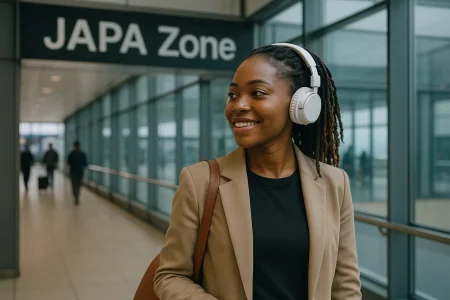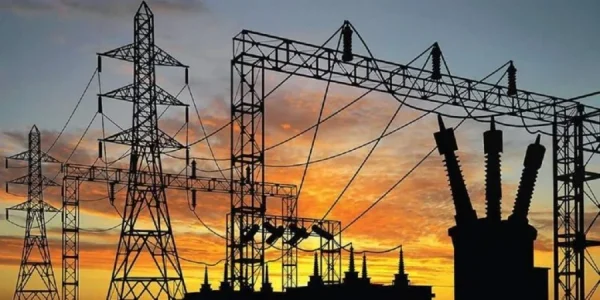
The Digest:
For many Nigerians, securing a US visa sponsorship is the most critical step toward accessing global education, career opportunities, and family reunification. While the process is rigorous, understanding the official pathways can turn ambition into a structured plan. Below are seven established routes to secure legal US entry.
Key Points:
- Employer Sponsorship: US companies can petition for skilled professionals via visas like the H-1B for specialty occupations. The employer must file a Labor Condition Application to prove they will pay the prevailing wage.
- Study-to-Work Route: An F-1 student visa allows for post-graduation work via Optional Practical Training (OPT), providing a 12-month window (extendable to 36 months for STEM fields) to gain experience and seek employer sponsorship.
- Intracompany Transfer: The L-1 visa enables multinational companies to transfer managers, executives, or employees with specialized knowledge from a Nigerian office to a US branch, bypassing the H-1B lottery.
- Family-Based Sponsorship: US citizens or green card holders can sponsor close relatives. The process begins with a Form I-130 petition and requires proof of relationship and financial support.
- Diversity Visa Lottery: The US government annually allocates ~55,000 immigrant visas through a random lottery to nationals of underrepresented countries, including Nigeria. The application is free via the official Department of State website.
- Scholarships & Exchange Programs: Fully-funded programs like the Fulbright Foreign Student Program or the Hubert H. Humphrey Fellowship provide J-1 visa sponsorship, covering tuition and living expenses for academic and professional development.
- EB-2 NIW (National Interest Waiver): For professionals with advanced degrees or exceptional ability, this pathway allows self-petitioning for a green card without employer sponsorship by demonstrating that their work benefits the United States.
Sources: US Citizenship and Immigration Services (USCIS), US Department of State, Fulbright Program



